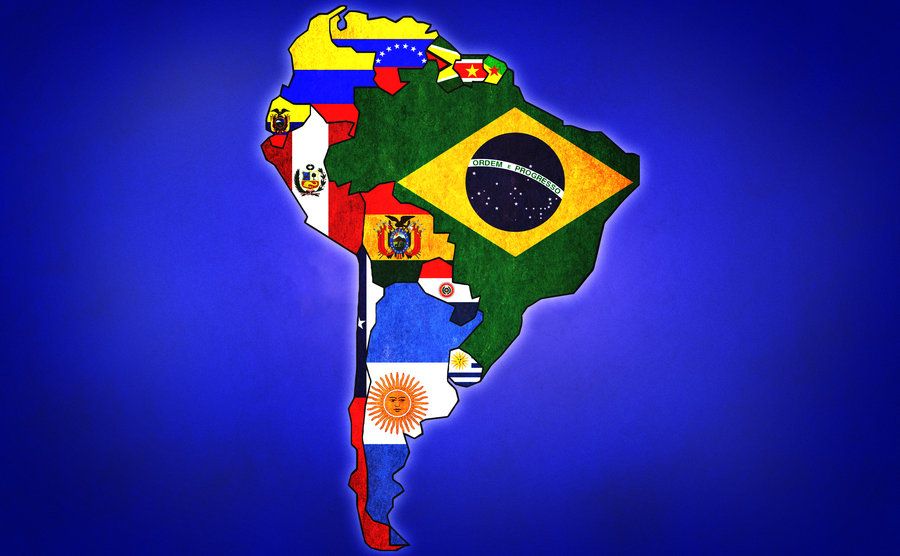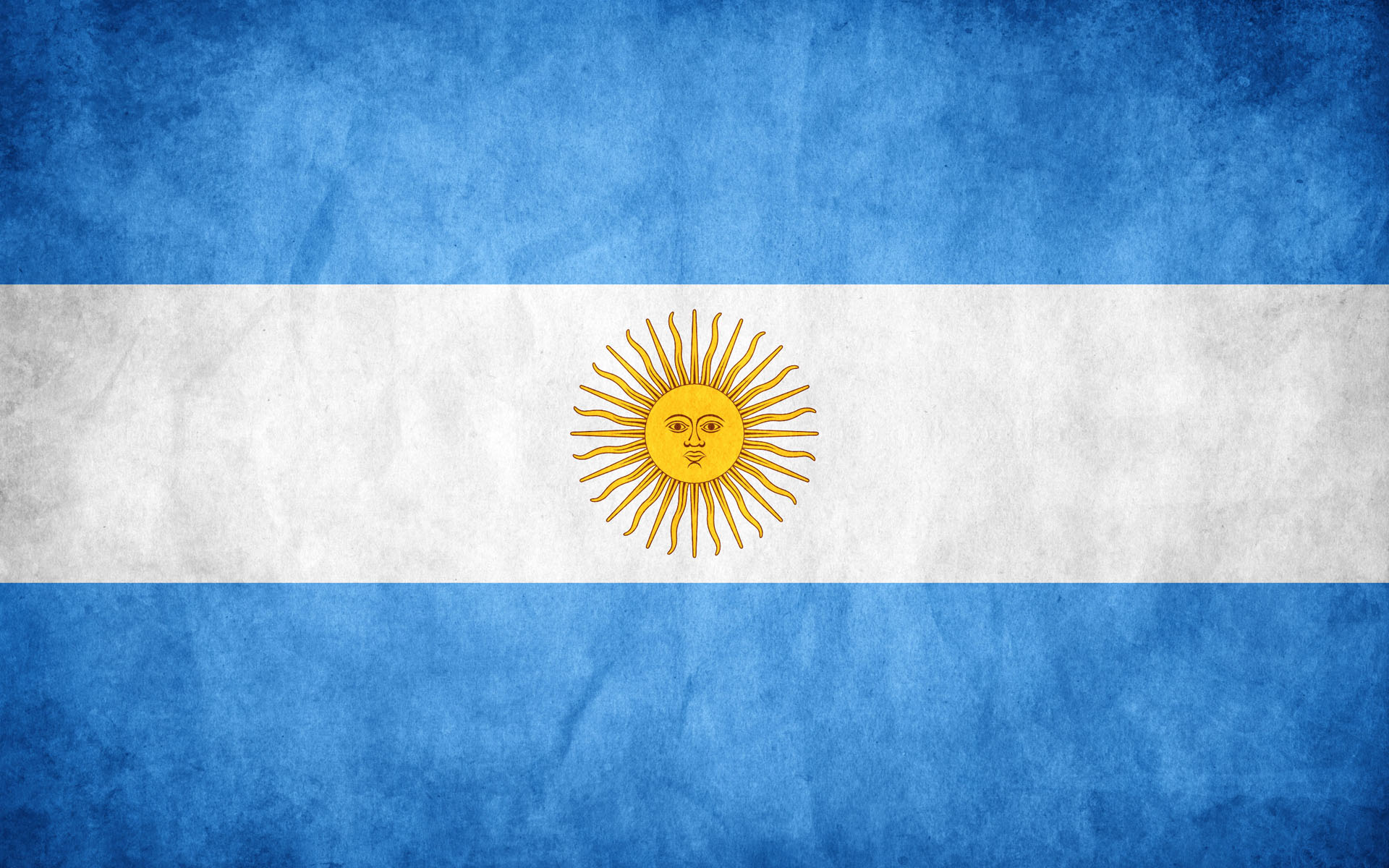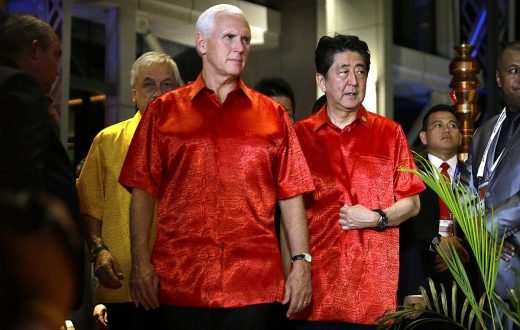The Mercosur was created in a context of trial of unification of South American contries, in parts its aims were achieved, but there are some important internal and external entraves to be solved to enhance this Regional Bloc.
By Fabrício Barbosa
The 1980’s decade was decisive in South America, in these years the military governments had an end and the cloud of mistrust and rivalry among countries in this region, mainly between Brazil and Argentina, had gone, starting a new era of social and economic cooperation – needed after the region suffer Oil Crisis effects and the beginning of Neo-liberal agenda adoption.
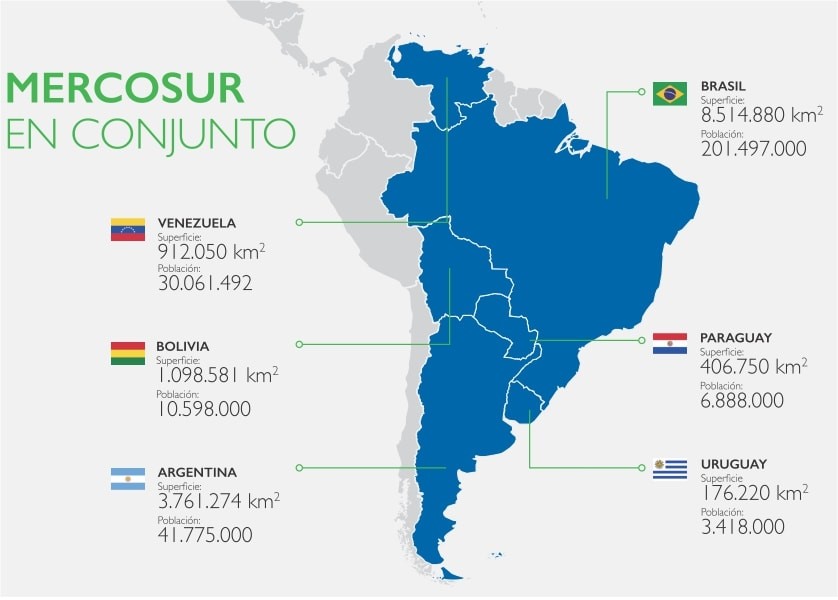
In 1991 was signed the Treaty of Asunción among Argentina, Brazil, Paraguay and Uruguay determining the inicial negotiations on intention of creating a common market. Nowadays, after many treaties and the association of Venezuela and Bolivia(the last one is still in process of integration), the Common Market of the South (Mercosur), is a regional bloc in process of integration that preach by democratic system among their members, provides the development and social integration in this region and has a Parliament, some Councils and a Court to solve troubles about the aplication of its treaties, the TPR.
To understand Mercosur’s entraves, it’s necessary to analyze the characteristics of internal policy of their members, their economy and external facts. Historically, its countries has a recent democratic system, with many heritages from dictatorial governments and nationalism, that has as consequence some political instability.
In recent years, this reality changed with the real observance of Organization of American States and UNASUR principles, that condemn coups and can expel or suspend their members in case of non-observance of the traties. In Mercosur, the democratic system is preached by Ushuaya Protocol, from 1998, that firms the compromise with democratic system, and even with all these regulaments, there are some suspects of unrespect of democracy on some cases. Another challenge for Mercosur, is the bilateral treaties between their members and powerfull nations, like US, that is an strong partner of all members.
The relationship between US and Latin-america is traditionally bilateral, what allow them to apply your economic and military influence depending on its interest. A trial of settle a multilateral organization different than FTAA, can reduce US influence in some specific interests, for example, on to install their military bases, as it happens in Paraguay – and creates some mistrust with Brazil and Argentina. The economic differences among Mercosur members also creates difficults on development of coordinated actions, Paraguay and Uruguay requests concessions from Brazil and Argentina claiming that they had economic loses in Bloc, and between these other two, the most economic developed in region, there are some entraves on integration of their market, Brasil and Argentina produces some products in common, like vehicles, and they have some treaties about it that sometimes are unrespect by both sides. Other trouble between these two countries is the common strong relationship with China, whose products “steal” markets of brazilian and argentinian products in both contries.
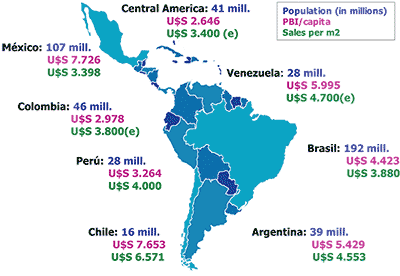
The economy of Mercosur’s contries is mainly based on exportation of commodities, like sugar, soyabean and corn, and some countries in bloc produce the same ones, and this fact explains why is so hard to achieve a great economic integration in this region – vide the table below -, the lack of diversity and technology dependence generated by the global policy of comparative advantages is the main difficult for all emerging countries like these. Under this scope, Mercosur also faces some entraves with US na EU, due the fact of all parts adopts some protectionism: Mercosur wants to spread their agricolal products with the conclusion of Doha Round, and the other side wants the access of their companies in Mercosur.
Despite all troubles, the Bloc has achieved many goals, and as the european experience shows, all try of integration is slow, the Mercosur’s actual state of economic integration is not a real common market, it’s an unperfect customs union due to unconcluded treaties about free circulation of products in the Bloc.
The recent association of Bolivia and Venezuela, riches in oil and gas, is also a great point for the Bloc, that has poor discutions about energy. Other south american countries, even not being members, have somekind of economic association with Mercosur, the Bloc also has concluded successful treaties with alternative countries and areas out of EU and North America, like the free trade treaties between the Bloc and Israel, a country that has showed to be a potencial technology developer, and Mexico, an important producer with a great market for vehicles.
In the beginning, Mercosur suffered several external and internal critics, it was seem as an imprudent treaty that could results in dissolution. But nowadays, the countries showed that it’s possible to superate the differences –in this case, to realise that they are economic, hitorically and culturally similar -, and now, the bloc is noted and influent due mainly to it’s population of 270 million consumers. The challenges have been superated, very slowly, but the benefits probably will come fast on next years if the jobs accelarate, and for that, the same hope in the beginning of the negotiations must be ketp.

About the Author : Fabrício Barbosa is a brazilian International Relationships student and Technician in brazilian law that has a strong interest on his country’s economy and policy (internal and external). He studies for the exam to brazilian diplomatic service and is specializing i

